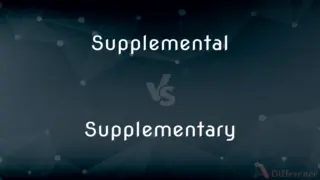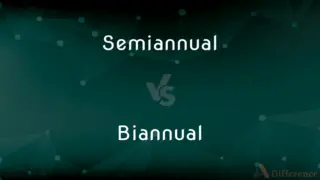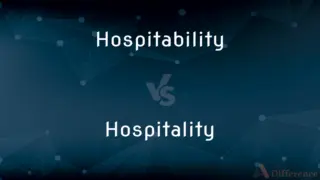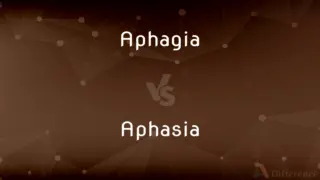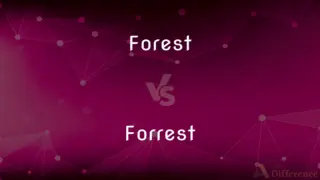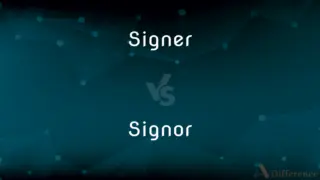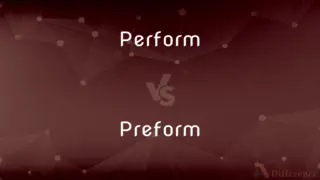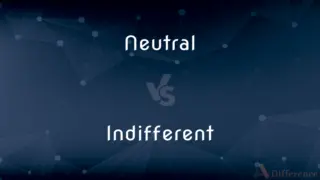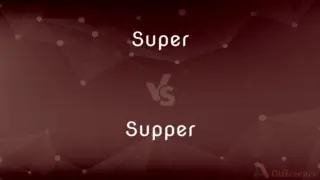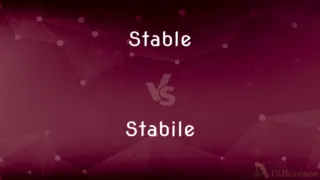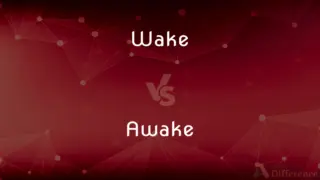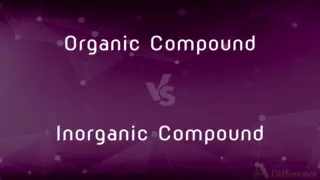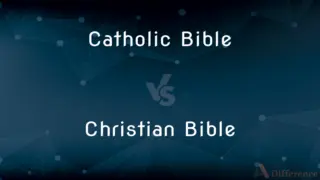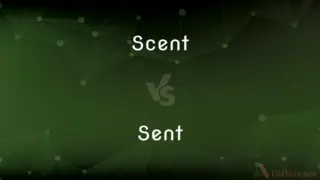Sifu vs. Sensei — What's the Difference?
By Fiza Rafique & Urooj Arif — Updated on March 7, 2024
Sifu is a term used in Chinese martial arts to denote a master or teacher, emphasizing skill and mentorship, while Sensei, in Japanese martial arts, refers to someone who is a guide or instructor, blending respect and authority.
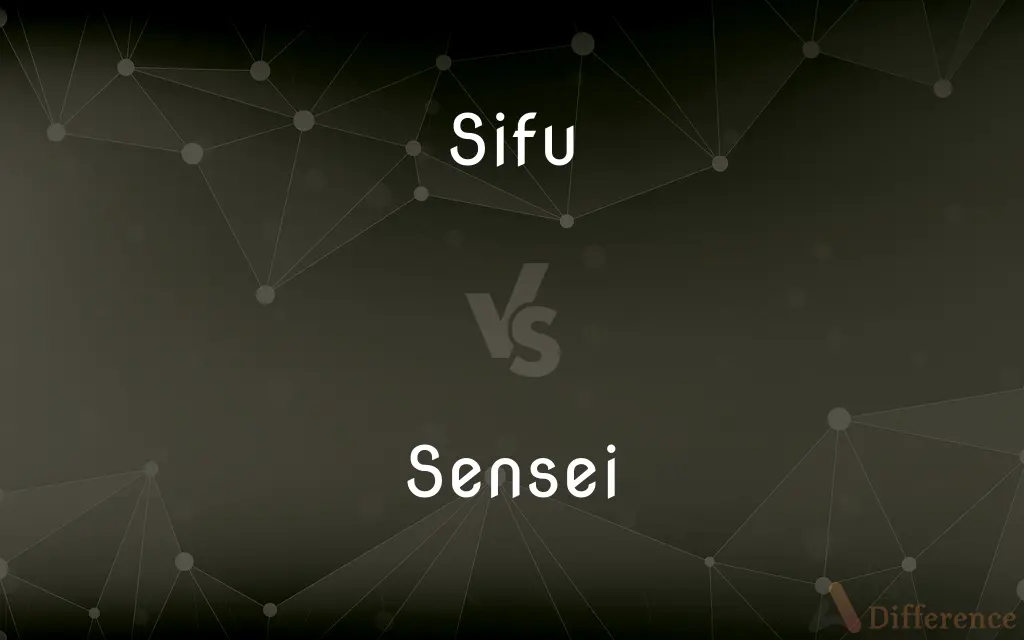
Difference Between Sifu and Sensei
Table of Contents
ADVERTISEMENT
Key Differences
Sifu, originating from Chinese culture, is a title for a skilled practitioner or teacher in martial arts, often used in disciplines like Wing Chun, Kung Fu, and Tai Chi. It signifies not only mastery of the art but also a deep relationship between the teacher and student, highlighting personal development and mentorship. On the other hand, Sensei, a Japanese term, is used across various disciplines, including martial arts like Karate, Judo, and Aikido, and even beyond martial arts to address professionals and artists. It denotes someone who has gone before and thus can lead others, focusing on respect, knowledge, and the authority to teach and guide.
In the context of martial arts, Sifu emphasizes the personal journey of mastering skills and the intimate mentorship between teacher and student. This relationship is central to the learning process, often involving direct transmission of knowledge from master to disciple. Whereas Sensei focuses on the role of the instructor as a guide in the broader sense, encompassing not just the techniques of the martial art but also the ethical and philosophical teachings associated with it.
The training environments and cultural contexts surrounding a Sifu and a Sensei also differ. Chinese martial arts schools, or "kwoons," led by a Sifu, often foster a family-like atmosphere, where respect and personal growth are paramount. In contrast, Japanese dojos, where a Sensei teaches, emphasize discipline, hierarchy, and the collective advancement of the group.
Despite these differences, both terms carry a deep sense of respect and honor for the teacher. They signify a recognition of the teacher's expertise, dedication, and role in nurturing the next generation of martial artists. However, the traditions, practices, and cultural nuances that define the roles of Sifu and Sensei are distinct and rooted in their respective cultures.
Comparison Chart
Origin
Chinese
Japanese
ADVERTISEMENT
Martial Arts
Wing Chun, Kung Fu, Tai Chi
Karate, Judo, Aikido
Emphasis
Skill mastery, personal mentorship
Guidance, respect, authority
Student-Teacher Relationship
Intimate, familial
Respectful, hierarchical
Training Environment
Kwoon
Dojo
Cultural Context
Deeply personal, mentorship-focused
Discipline, collective improvement
Compare with Definitions
Sifu
Emphasizes personal development and mentorship.
The Sifu-student relationship extends beyond mere techniques.
Sensei
Carries a broad meaning of guide or leader.
In Japan, Sensei is also a term of respect for educators and artists.
Sifu
A master or teacher in Chinese martial arts.
My Sifu has trained in Wing Chun for over 30 years.
Sensei
Stresses the importance of respect and hierarchy.
In our dojo, we show utmost respect to our Sensei and the teachings.
Sifu
Represents mastery and deep knowledge.
He was honored as a Sifu due to his profound understanding of Kung Fu.
Sensei
A teacher or instructor in Japanese martial arts.
Our dojo's Sensei holds a black belt in multiple disciplines.
Sifu
Often found in a familial-like training environment.
Our kwoon is like a second home, thanks to our Sifu.
Sensei
Guides students in techniques and ethics.
Our Sensei teaches us the philosophy behind the martial art, not just the moves.
Sifu
Focuses on the individual journey of skill acquisition.
Under my Sifu's guidance, I've grown not just as a martial artist but as a person.
Sensei
Leads in a structured, disciplined environment.
Discipline and hard work are key values our Sensei instills in us at the dojo.
Sifu
A master or teacher in the context of martial arts, especially kung fu and tai chi.
Sensei
Sensei, Seonsaeng or Xiansheng (先生) is an honorific term shared in Japanese, Korean and Chinese; this is literally translated as "person born before another" or "one who comes before". In general usage, it is used, with proper form, after a person's name and means "teacher"; the word is also used as a title to refer to or address other professionals or persons of authority, such as clergy, accountants, lawyers, physicians and politicians or to show respect to someone who has achieved a certain level of mastery in an art form or some other skill, e.g., accomplished novelists, musicians, artists and martial artists.
Sifu
A spiritual father in esoteric contexts.
Sensei
A teacher or mentor, especially of a martial art.
Sensei
Used as a form of address for such a person.
Sensei
A martial arts instructor. Sensei of martial arts usually live and/or work at a dojo where they instruct their apprentices. A live-in apprentice is also called uchi-deshi.
Sensei
A Japanese (language) teacher.
Sensei
A suffix attached to the name of a teacher (principally in translations from Japanese)
Common Curiosities
How do the roles of Sifu and Sensei differ in training?
A Sifu often focuses on individual skill mastery and personal development within a familial-like atmosphere, while a Sensei provides guidance within a disciplined, structured environment, emphasizing respect and the collective progress of the group.
Is the relationship with a Sifu or Sensei purely professional?
The relationship can extend beyond the professional realm, especially with a Sifu, where the bond is akin to a family. With a Sensei, while professional and respectful, the relationship can also encompass a deep sense of personal respect and loyalty.
Can Sensei be used outside of martial arts?
Yes, in Japanese culture, Sensei is a respectful title for teachers, doctors, and professionals in various fields, not limited to martial arts.
What is required to become a Sifu or Sensei?
Achieving the title of Sifu or Sensei requires years of dedicated practice, a deep understanding of the martial art, and the ability to teach and guide students, reflecting both skill mastery and personal character.
Can women be Sifus or Senseis?
Yes, women can and do hold the titles of Sifu and Sensei in martial arts, representing mastery and leadership within their disciplines.
How do Sifus and Senseis contribute to the preservation of martial arts?
By passing down their knowledge, skills, and philosophies, Sifus and Senseis play crucial roles in preserving the traditions and integrity of martial arts for future generations.
What does Sifu mean in martial arts?
Sifu is a term used in Chinese martial arts to refer to a master or teacher, emphasizing skill, mastery, and a personal mentorship relationship.
How does one address a Sifu or Sensei?
Both titles are used with respect when addressing the teacher, often preceding their name or used alone as a sign of honor and recognition.
How does the learning approach differ between a Sifu and a Sensei?
Learning from a Sifu often emphasizes personal growth and direct mentorship, while learning from a Sensei focuses on disciplined practice, ethical teachings, and group advancement.
What is the significance of the dojo and kwoon in training?
The dojo (Japanese) and kwoon (Chinese) are not just physical spaces for training but are imbued with cultural and spiritual significance, representing the philosophy and discipline of the martial art.
What impact do Sifus and Senseis have on their students?
Both have significant impacts, shaping their students' skills, character, and understanding of martial arts, with a lasting influence on their personal and professional lives.
What qualities make a good Sifu or Sensei?
Beyond mastery of the martial art, qualities such as patience, wisdom, respect, the ability to inspire, and a commitment to the personal and technical growth of their students are essential.
Are there different ranks within the titles of Sifu and Sensei?
While the titles themselves denote a level of mastery and respect, the underlying ranks or belts within the martial arts system may vary, reflecting the individual's progression and skill level.
Can the teachings of a Sifu or Sensei apply outside of martial arts?
Yes, the principles, discipline, and philosophies taught by Sifus and Senseis often provide valuable life lessons and approaches to challenges beyond the martial arts context.
How do cultural differences influence the roles of Sifu and Sensei?
Cultural nuances deeply influence the teaching methods, student-teacher relationships, and practices within the roles of Sifu and Sensei, reflecting broader Chinese and Japanese cultural values.
Share Your Discovery
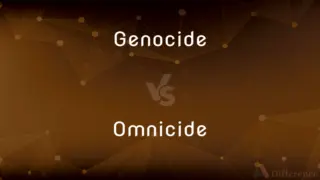
Previous Comparison
Genocide vs. Omnicide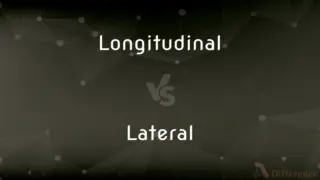
Next Comparison
Longitudinal vs. LateralAuthor Spotlight
Written by
Fiza RafiqueFiza Rafique is a skilled content writer at AskDifference.com, where she meticulously refines and enhances written pieces. Drawing from her vast editorial expertise, Fiza ensures clarity, accuracy, and precision in every article. Passionate about language, she continually seeks to elevate the quality of content for readers worldwide.
Co-written by
Urooj ArifUrooj is a skilled content writer at Ask Difference, known for her exceptional ability to simplify complex topics into engaging and informative content. With a passion for research and a flair for clear, concise writing, she consistently delivers articles that resonate with our diverse audience.

